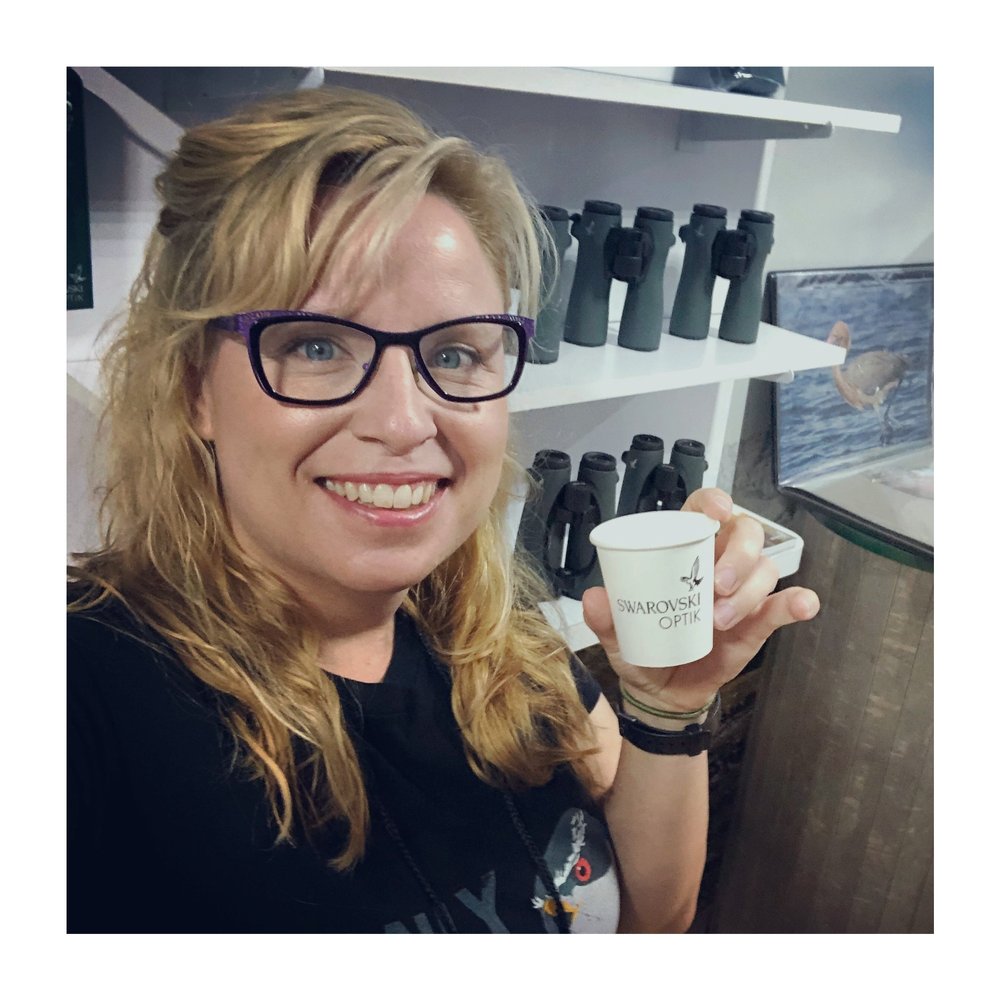A story of vultures taking over human habitat from the Orlando Sentinel.
An army of ravenous vultures is invading this quiet Polk community, ripping shingles from rooftops, chewing on the rubber linings of car doors and windows, and leaving behind an overwhelming stench from their waste.
"They've multiplied. And multiplied. And multiplied until we've been inundated," said Jim Spigner, president of the homeowners association for Floral Lakes, a 55-plus mobile-home community where the birds roost.
Although many residents are demanding help, city officials say little can be done about the hundreds of black and turkey vultures because they are federally protected under the Migratory Bird Treaty Act.
Vultures have additional protection under a bird-sanctuary ordinance adopted by Bartow in the 1950s, City Attorney Sean Parker said.
Federal law doesn't allow people to trap or kill vultures, and the city prohibits behavior that would "maltreat, annoy or pursue any bird."
Scaring off the vultures could be considered a violation, resulting in fees up to $500 a day, Bartow officials said. The city plans to amend the rules, but the details have yet to be worked out, Parker said. Hanging up likenesses of dead vultures or using noise are options.
Residents are frustrated by the rules.
James Bruce, 44, estimates damage to two family cars totals $3,000 to $4,000. He said the birds tore the rubber lining from windows and scratched the hood and roof of his daughter's new Ford Fusion and an older Geo Tracker.
The situation conjures images from director Alfred Hitchcock's classic movie The Birds, Bruce said. He and his family spray the vultures with water to scare them away. Other residents chase them off with brooms. Some people are crafting their own gadgets to shoo away the birds, including wooden tablets they bang to make noise and sprinklers that switch on during peak hours for roosting. Yet, the birds still come back.
Spigner, the homeowners association president, said the number of buzzards has drastically increased within the last two years.
"The problem isn't going to go away until they disturb the roost," said Spigner, 64.
t's unknown what attracts a group of buzzards to a certain area, said Dr. Michael Avery, a research biologist. Avery, who leads the National Wildlife Research field office in Gainesville, said it's not uncommon for vultures to settle in neighborhoods. His office gets a few phone calls every week about problems from across the state. More people call during winter season -- from October to March.
According to wildlife experts, it's common vulture behavior to gnaw on rubber and vinyl because the birds use the techniques for devouring animal carcasses.
You can read the rest of the story and watch a video of it here.
